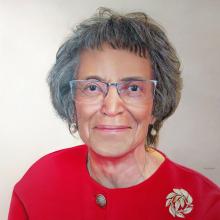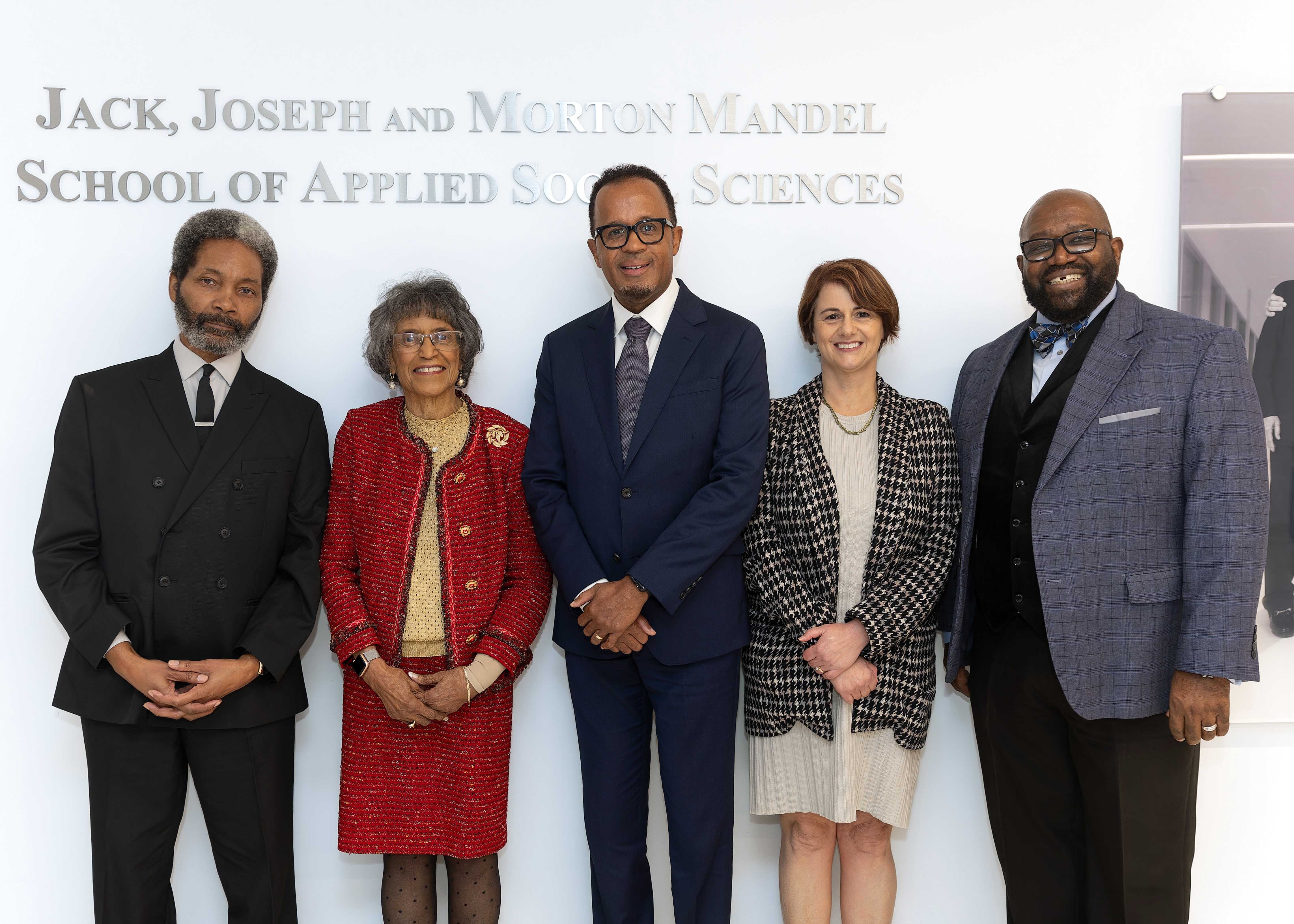An alumna’s trailblazing path in social work
Growing up in predominantly white Reading, Pennsylvania, in the 1930s and ’40s, Geneva B. Johnson (SAS ‘57) was used to standing out from her peers.
She was one of 21 Black students in a high school class of 800, and the only Black student throughout her time at Albright College in Reading—as well as the first Black woman to graduate from the institution.
When she finished school and began to pursue her dream of working with the YWCA, Johnson was shocked to learn that her best opportunities were in the segregated southern United States.
During the Great Migration of the early to mid-20th century, approximately 6 million Black Americans fled oppression in the South. And although they escaped Jim Crow laws by moving to the North, they were still met with housing and job discrimination from white community members who rejected integration.
Johnson, whose family left South Carolina soon after she was born, had only experienced this sort of semi-integrated life in the Northeast, and had no knowledge of how Black people in the South lived; she was surprised to find that many all-Black neighborhoods flourished economically and culturally within segregation.
“It was an explosive experience,” said Johnson, who followed a job with Houston’s Black YWCA in 1951. “It was incredible to witness the accomplishments of Black folks within their own communities—it was unlike anything I’d seen before.”
Her new role led her to one of the most influential people in her career: Esther Test, a professor at what is now Case Western Reserve University's Jack, Joseph and Morton Mandel School of Applied Social Sciences.
With Test’s encouragement and scholarship assistance through the YWCA, Johnson made her way back north to Case Western Reserve, where she earned her master’s degree—the first in her family to do so.
It turns out that wouldn’t be her last “first.” Johnson broke barriers as the first woman to become senior vice president of United Way of America—an organization that previously refused to hire her because of her race—and the first Black person and woman to serve as president and CEO of Family Service America, Inc. and Families International, offering counseling, advocacy services and educational programs.
Her career-long accomplishments brought Johnson into high demand as a board member for nonprofits, for-profit corporations and institutions of higher learning, and earned her several distinctions at Case Western Reserve University, including the President’s Award for Distinguished Alumni and the honor of being the convocation speaker in 1998; the 2021 Grace Longwell Coyle Award, named for the pioneering scholar who positioned the Mandel School as the nation’s leading resource in group work theory; and the 2022 Trailblazer Award, which will be commemorated with her painted portrait commissioned and displayed at the Mandel School.”*
Reflecting on her long, pathbreaking career, she remarked: “As a social worker, you have so much more to contribute than people expect. Your influence is great because you’re bringing a voice that is not normally heard.”
This article was originally published in the Winter 2022-23 issue of Action magazine.
*Johnson's portrait was unveiled at the Jack, Joseph and Morton Mandel School of Applied Social Sciences during CWRU's 2023 Homecoming and Reunion Weekend.



